How IIT Madras Is Making India Proud With Their Innovations
Harin - Sep 07, 2019

India has been known for its scientific research and innovations. This is 9 ways IIT Madras is making India proud, from curing cancer to improving batteries.
- IIT Madras In Collaboration With Rolls-Royce For Research Activities
- AI Technology From IIT Madras Can Convert Brain Signals Into Speech
- IIT Madras Researchers Discover Enzyme That Causes High Blood Pressure
India has been known for its scientific research as well as innovations. This is 9 ways IIT Madras is making India proud, from curing cancer to improving batteries.
1. Iron-ion battery
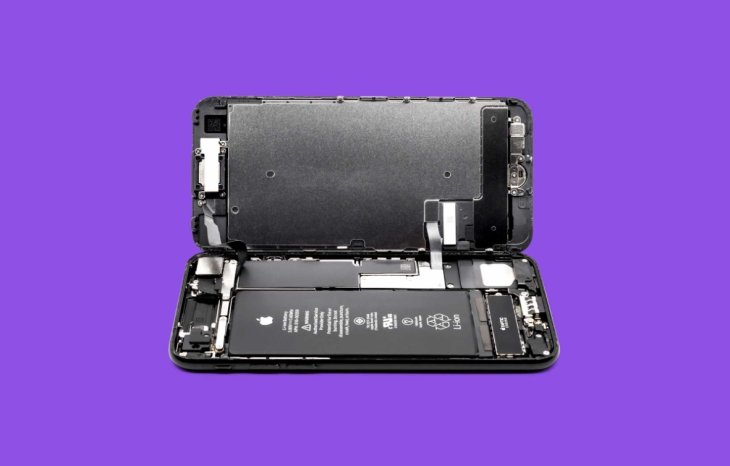
Almost everything needs batteries, from our phones, tablets, to our cars. Most use Lithium-ion batteries which have many recharging cycles and cheap manufacturing price. However, lithium-ion batteries tend to overheat, leak and rupture. Moreover, when they are disposed of, they also leach toxic chemicals.
So, a team from IIT Madras has developed what is known as the first iron-ion battery in the world. The battery has a low-carbon steel anode, a vanadium pentoxide cathode, and an iron chlorate electrolyte. The new battery is not only cheap, more stable and has more energy storage.
2. Hyperloop Pod
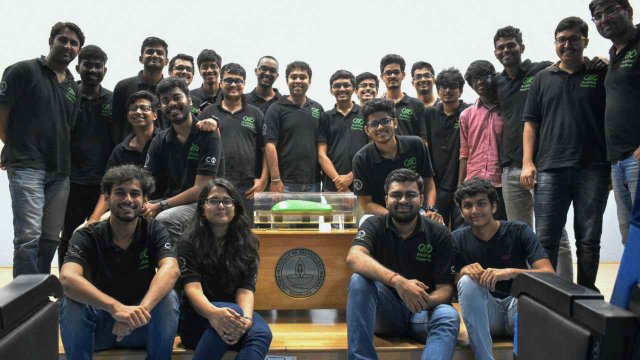
Team Avishkar with students from IIT Madras joined 1,600 teams from other countries to build the Hyperloop’s transport system best design.
The team began their journey in 2017, with the vision to help humanity one step closer to achieving a new method of transport. They work together at IIT Madras’s student innovation lab to develop the first-ever autonomous Hyperloop Pod in India. In the first attempt, the team was ranked among Top 47 teams qualified for the Final Design Round. Two years later, with the support from various stakeholders and experts, they have stood among Top 21 of Hyperloop Pod 2019, the competition held by SpaceX at Los Angeles, California in July this year.
In the Hyperloop vacuum tube, their pod could reach the top speed of over 1000km/h.
3. Cancer cell research
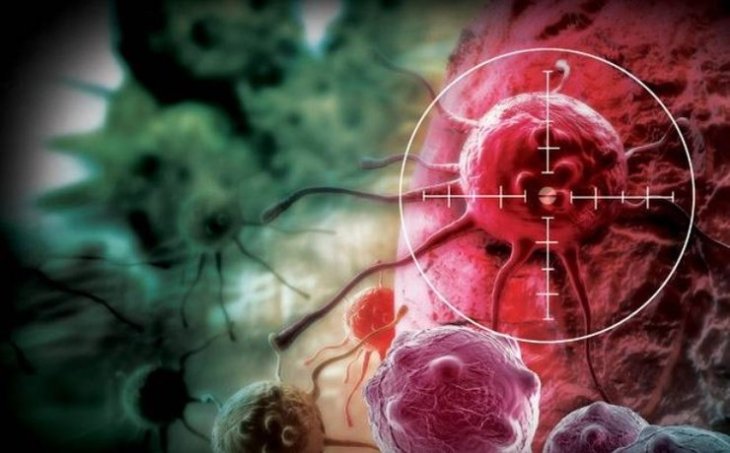
In a recent study, an IIT Madras team found that putting cancer cells in simulated microgravity helps form large cancer cells which have stem-cell characteristics.
Through these cells, we can understand how cancer develops in the epithelial-mesenchymal transition (also known as EMT) process. The cancer cells gradually evolve into something similar to stem cells and reform into many different kinds of cells. For example, lung cancer can grow to brain or heart or other internal parts of our bodies.
4. Wave power turbines

IIT Madras has partnered with NIOT, the National Institute of Ocean Technology to develop better turbines to utilize the energy from the waves that are pummelling the 7,500km-long coastline of India. The idea behind this is to set up efficient turbines for cheaper and greener energy generated from the ocean.
5. Sewer-cleaning robot
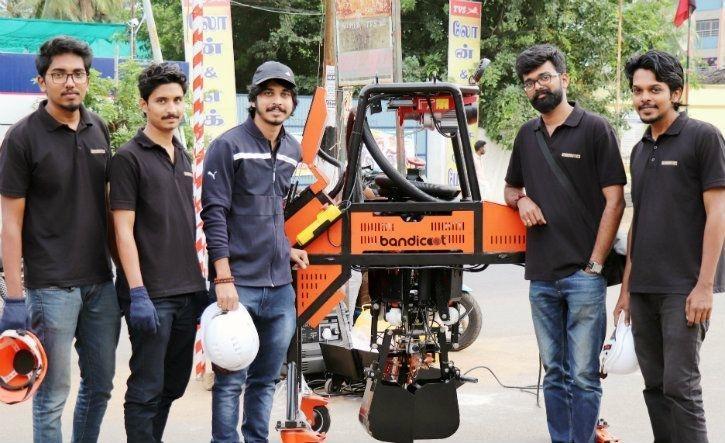
Every year, India records around 23,000 deaths of cleaning sewage workers. To deal with this problem, an IIT Madras team decided to build a robot capable of replacing these workers and save thousands of lives. The robot which is called SEPoy can go into a sewer. From there, it can be remotely controlled with a mounted camera. With its fins, the robot swims across the sludge while cutting it up so that it can be pumped out easily.
6. Made-in-India computer chip
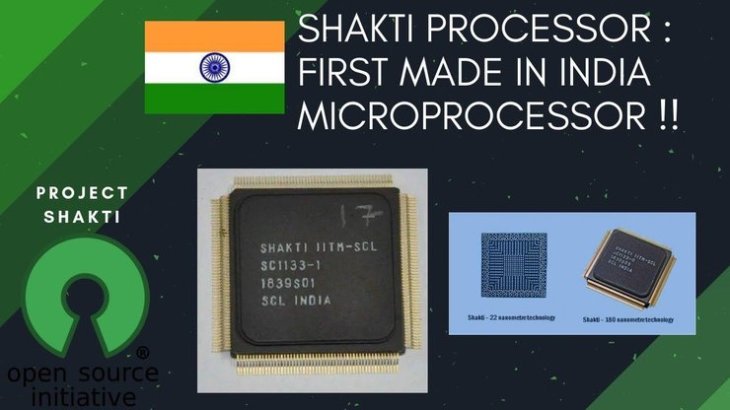
Shakti is the first microprocessor to be built exclusively in India for use in wireless as well as mobile computing devices. According to the team, the chip can replace those imported processors as it can meet international standards while being less vulnerable to Trojans.
It is known that RISE group of IIT Madras has taken responsibility for Shakti’s development. Additionally, the group has revealed their plan to introduce 6 classes of Shakti in the market. The chipset’s six stages comprise of H-Class, S-Class, M-Class, C-Class, I-Class, and E-class. They are expected to be applied in various IoT devices, robotic platforms, and motor controls, just to name a few.
7. Housing 3D printer
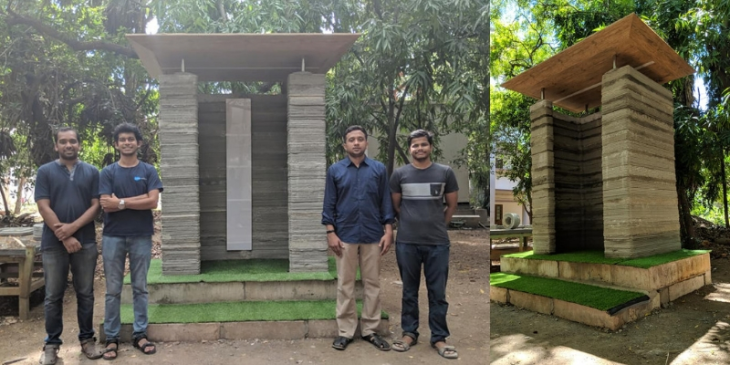
A team of alumni from IIT Madras developed the country first-ever 3D printing construction tech. With this tech, they were able to build a 320-square-foot single-story hut in just a short amount of time. Besides the machines’ initial investment cost, the process proved to be a lot cheaper than hiring human labor, and a lot faster.
Moreover, with the right concrete mixture, much more complex building shapes, as well as styles, could be produced, providing more residential space in the limited build area. Their next goal is to make the whole process automated.
8. Surgery robots
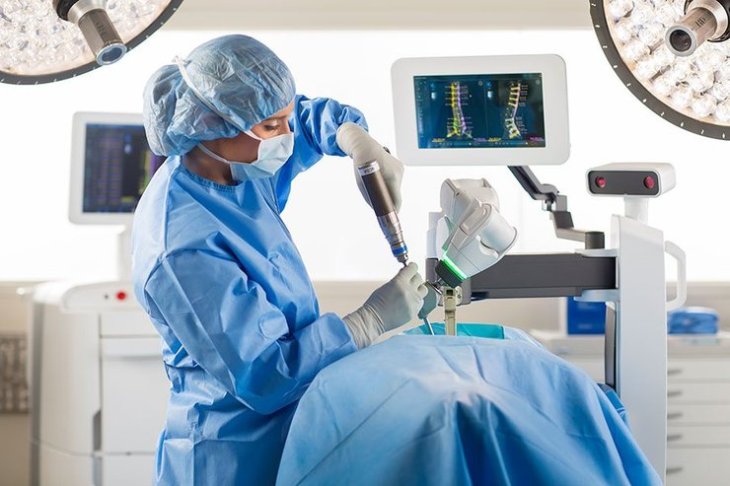
Researchers from IIT Madras have recently made a spine-surgery robot that can reduce pain, as well as surgery costs, for patients. This is the first time India has managed to produce this kind of robot. With it, patients can avoid suffering from unnecessary pain or long treatment time.
This spine-surgery robot is designed with a built-in robotic system that allows doctors to control and guide its operation via images. Unlike common surgeries, the surgery conducted by a robot doesn’t create a big cut on the patients’ body.
The Ministry of Human Resource Development has now funded this project which was under development of the Uchhatar Avishkar Yojana (also known as UAY). The advanced technology, in fact, was introduced at the TechEx event, IIT Delhi.
9. Preparing Indian engineers for Deep Learning and AI jobs
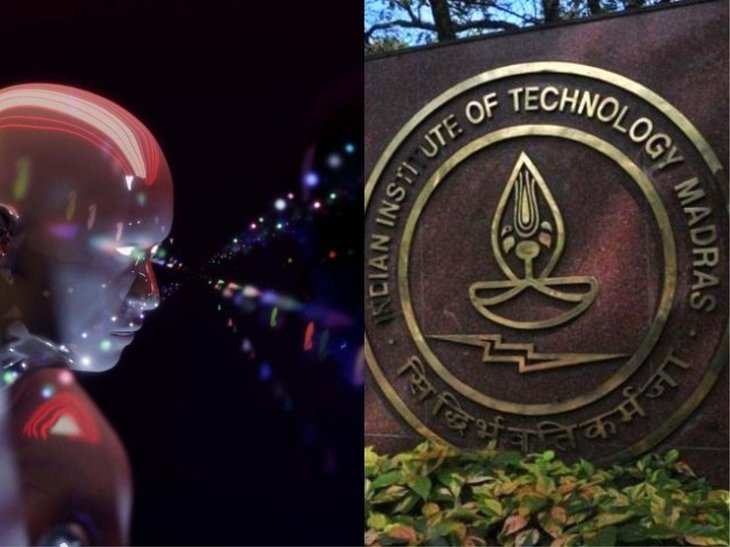
Two startups from the Indian Institute of Technology in Madras (IIT Madras) have just revealed their new collaboration. They hope to produce more experts in both AI and Deep Learning in 2020.
They include GUVI and One Fourth Labs. The first startup specializes in providing programming courses in many vernacular languages for Indian students who are living in Tier 2 & 3 cities. The second startup, One Fourth Labs, was established by a faculty of IIT Madras. This company has provided advanced AI courses in which students will have to pay from Rs 1,000 to join.
Both of these companies have a common purpose. They are planning to train 1,00,000 new Indian experts in Deep Learning and AI next year.
According to their partnership, GUVI will be the one to build the platform and One Fourth Labs will provide the content. All of the eligible students, especially including those who are good at Python and math, will have a promising opportunity.
Featured Stories

Features - Jan 29, 2026
Permanently Deleting Your Instagram Account: A Complete Step-by-Step Tutorial

Features - Jul 01, 2025
What Are The Fastest Passenger Vehicles Ever Created?

Features - Jun 25, 2025
Japan Hydrogen Breakthrough: Scientists Crack the Clean Energy Code with...

ICT News - Jun 25, 2025
AI Intimidation Tactics: CEOs Turn Flawed Technology Into Employee Fear Machine

Review - Jun 25, 2025
Windows 11 Problems: Is Microsoft's "Best" OS Actually Getting Worse?

Features - Jun 22, 2025
Telegram Founder Pavel Durov Plans to Split $14 Billion Fortune Among 106 Children

ICT News - Jun 22, 2025
Neuralink Telepathy Chip Enables Quadriplegic Rob Greiner to Control Games with...

Features - Jun 21, 2025
This Over $100 Bottle Has Nothing But Fresh Air Inside

Features - Jun 18, 2025
Best Mobile VPN Apps for Gaming 2025: Complete Guide

Features - Jun 18, 2025
A Math Formula Tells Us How Long Everything Will Live
Read more

Mobile- Feb 16, 2026
Xiaomi Launches Affordable Tracker to Compete with Apple's AirTag
For users tired of ecosystem lock-in or high prices, the Xiaomi Tag represents a compelling, no-frills option that delivers core functionality at a fraction of the cost.

ICT News- Feb 18, 2026
Google's Project Toscana: Elevating Pixel Face Unlock to Rival Apple's Face ID
As the smartphone landscape evolves, Google's push toward superior face unlock technology underscores its ambition to close the gap with Apple in user security and convenience.

Mobile- Feb 17, 2026
Anticipating the Samsung Galaxy S26 and S26+: Key Rumors and Specs
The Samsung Galaxy S26 series is on the horizon, sparking excitement among tech enthusiasts.
Comments
Sort by Newest | Popular